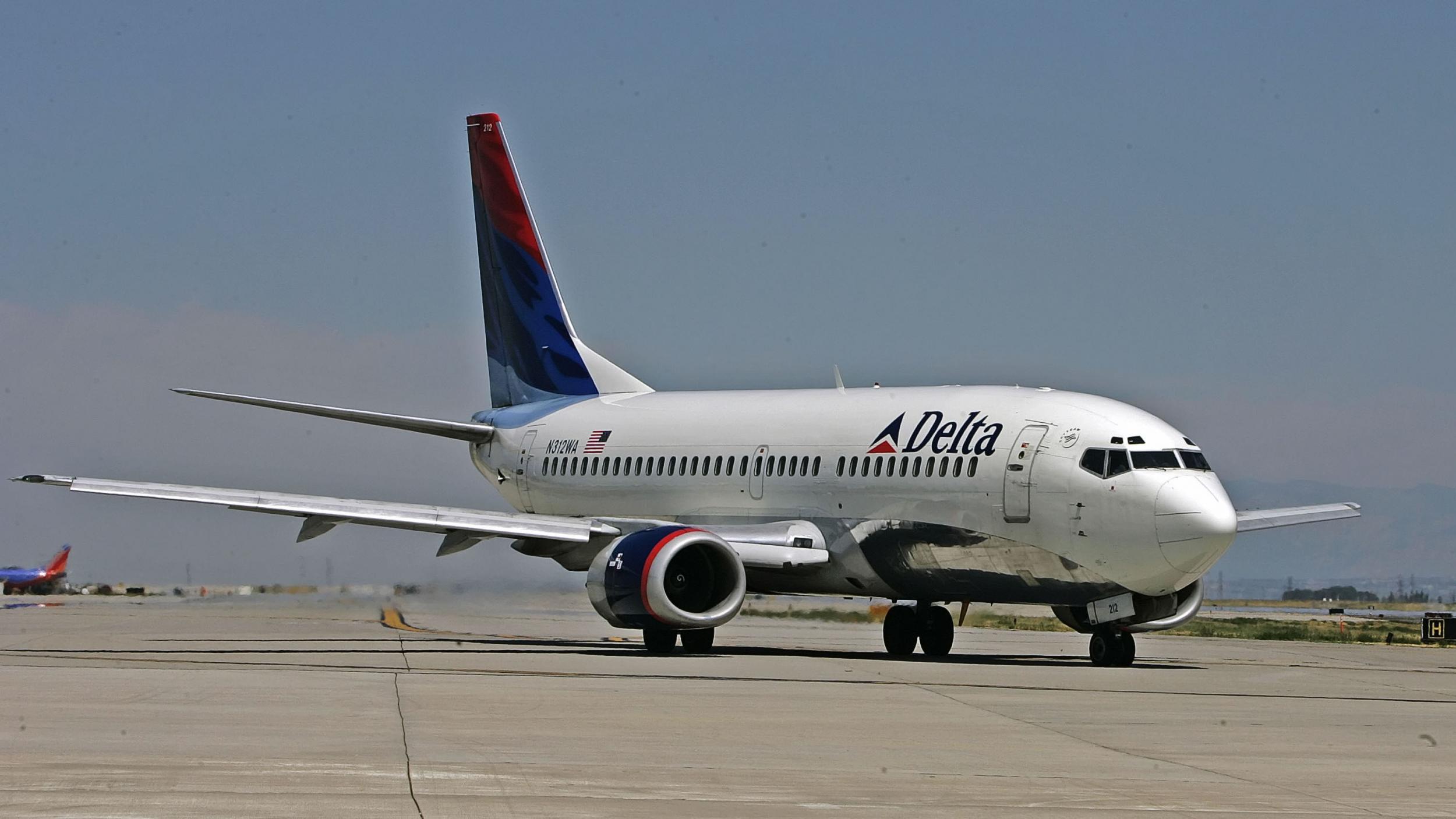Sexual assaults on planes: Why it's time for airlines to take them more seriously
Plane Talk: Alleged Delta Airlines incident reveals shortcomings in cabin-crew training

Long-haul flying is a highly artificial environment, in which people are placed in close proximity for a prolonged spell, often overnight. So perhaps it’s understandable that some people get upset. On a number of flights I have witnessed altercations about personal space, involving reclining seats, armrest wars or cases where an obese passenger spills into the space of the occupant of the adjacent seat.
The often-free availability of alcohol often fuels such in-flight conflicts. But of an altogether more serious magnitude is the phenomenon of sexual assaults on planes – as reportedly suffered by Allison Dvaladze on a Delta flight from Seattle to Amsterdam last year.
Ms Dvaladze says the alleged attack took place about three hours into the flight, when the man in the next seat repeatedly groped her. She told BBC Radio 5 Live’s Phil Williams: “My initial response was just to hit him because I was so shocked. He grabbed me again and I hit him again and the third time he went to grab me I tried to block myself and he hit me.”
She alerted the cabin crew, but says: “It’s clear to me that they’re not trained to handle these situations.”
Petty crime in aircraft is a well-known phenomenon, usually involving thefts from bags. On flights to Prague, for example, the Foreign Office warns: “There’s a risk of pickpocketing on flights from the UK, so keep your passport and valuables with you before and during your flight.” But clearly a sexual assault is more serious, and demands a proper criminal investigation.
The very nature of a long-haul flight should make it straightforward to deal with assaults: a passenger plane is a very public environment, the perpetrator can’t escape, and there are likely to be numerous witnesses. So a crime like this should be straightforward to investigate and bring to justice.
The cabin crew’s prime responsibility is safety. If anything happens to jeopardise passengers’ wellbeing, whether a drunk running amok or a serious assault, the passenger has to be dealt with. The aircraft is a crime scene.
If a passenger reports inappropriate behaviour then the senior cabin-crew member should take control, assess the situation, speak to the apparent victim and to passengers in adjacent seats. Contemporaneous notes are valuable for evidence in any criminal trial.
The captain must be alerted, so that he or she can decide whether to divert the aircraft because they have an out-of-control person onboard, or to make sure the police will meet the flight on arrival.
In the case of Allison Dvaladze, I estimate the plane would have been over Baffin Island in Arctic Canada at the time of the incident – not the sort of place you want to divert to in the middle of the night if you can possibly avoid it.
In a statement, Delta told me: “When we become aware of incidents onboard, we always investigate so appropriate action may be taken, coordinating with local law enforcement when requested by the customer and crew.”
Airlines, in my experience, tend to be good at warning passengers about the consequences of bad behaviour, but poor at following through. I suspect one reason for the apparent lack of enthusiasm to begin criminal proceedings (as well as civil recovery of costs associated with a diversion, for example) is the practical implications. The last thing an airline wants is several members of cabin crew off the roster and having to attend court to give evidence, quite possibly in a foreign country.
But unless airlines show they take sexual assaults extremely seriously, they could face more stringent regulations.
Subscribe to Independent Premium to bookmark this article
Want to bookmark your favourite articles and stories to read or reference later? Start your Independent Premium subscription today.

Join our commenting forum
Join thought-provoking conversations, follow other Independent readers and see their replies